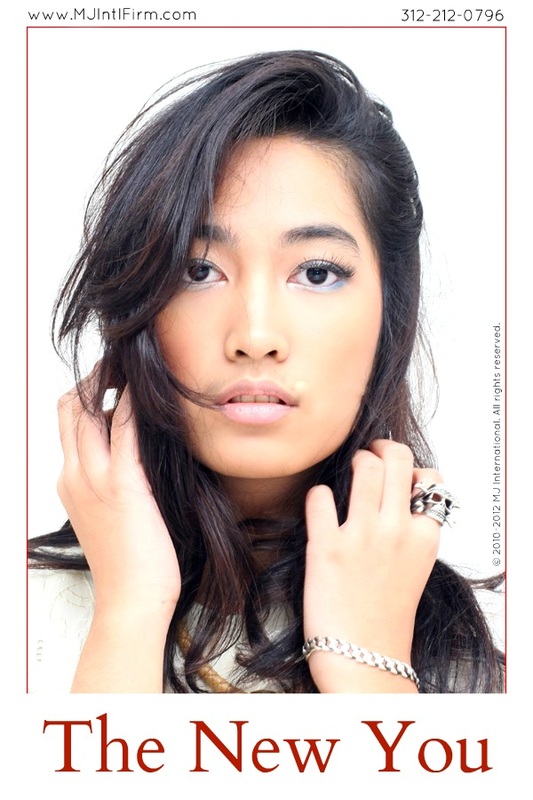by Sandy Chang
Political Contributor
Political Contributor
Minorities play a significant role in society, but why aren't they present on television? Why are most television shows filled with actors/actresses whom hardly reflect the mass population? What does this say about American society? Asian-Americans, like many other minorities, have historically been underrepresented in media and television.
In order to obtain better a sense of where American television stands on having minorities, such as Asians and Latinos, on the air, one can watch shows like Gossip Girl or Ugly Betty. In these shows we see a limited tolerance for cultural diversity and an embrace for cultural stereotypes.
In order to obtain better a sense of where American television stands on having minorities, such as Asians and Latinos, on the air, one can watch shows like Gossip Girl or Ugly Betty. In these shows we see a limited tolerance for cultural diversity and an embrace for cultural stereotypes.

Recent studies show that only 3% of all characters in prime time television are Latino while Asian-American account for 2%. Many Americans falsely believe that the majority Asian-Americans are shy and submissive, play the cello like Yo Yo Ma, and excel in Math. Latinos are viewed as the seductive, tanned, exotic beauties that work in hospitality and landscaping. Promoting these types of social and economic stereotypes in the airwaves further wedges them into the respective communities burdening generations of people of color.
When analyzing and comparing minorities in the media, one can’t help but notice the variety of shows Asian-Americans and Latinos appear in. Yin Chang, a Chinese American, plays Nelly Yuki, a fictional, overachieving, timid Japanese-American in Gossip Girl. America Ferrera, a Honduran-American, plays Betty Suarez, a chubby Mexican-American with a large family who works in the fashion industry in Ugly Betty. Political and geographical lines tells us that Chinese people are not Japanese and Hondurans are not Mexicans, so why the false representation on television?
Although many Latinos and Asian-Americans face many of the same socio-economic problems in society, this is often ignored by the film industry. Latinos are regularly portrayed as impoverished and living in impoverished areas while Asian-Americans, also known as the “model minority,” are wealthy and reside in in the suburbs.
These socio-economic stereotypes on television are a reflection of how society and Hollywood choose to view these ethnic groups. If race or ethnicity were taken less into consideration and acting skills were solely acknowledged, then the airwaves would be much more diverse. Aspiring actors and actresses that refuse to compromise their integrity to play stereotypical roles would be aired, thus resulting in an increase in the number of minorities on the airwaves.
When analyzing and comparing minorities in the media, one can’t help but notice the variety of shows Asian-Americans and Latinos appear in. Yin Chang, a Chinese American, plays Nelly Yuki, a fictional, overachieving, timid Japanese-American in Gossip Girl. America Ferrera, a Honduran-American, plays Betty Suarez, a chubby Mexican-American with a large family who works in the fashion industry in Ugly Betty. Political and geographical lines tells us that Chinese people are not Japanese and Hondurans are not Mexicans, so why the false representation on television?
Although many Latinos and Asian-Americans face many of the same socio-economic problems in society, this is often ignored by the film industry. Latinos are regularly portrayed as impoverished and living in impoverished areas while Asian-Americans, also known as the “model minority,” are wealthy and reside in in the suburbs.
These socio-economic stereotypes on television are a reflection of how society and Hollywood choose to view these ethnic groups. If race or ethnicity were taken less into consideration and acting skills were solely acknowledged, then the airwaves would be much more diverse. Aspiring actors and actresses that refuse to compromise their integrity to play stereotypical roles would be aired, thus resulting in an increase in the number of minorities on the airwaves.

 RSS Feed
RSS Feed




